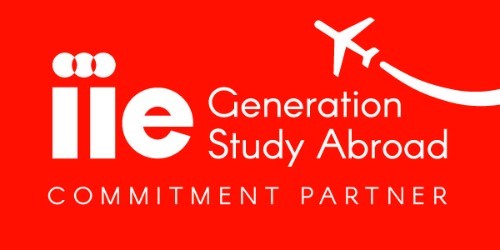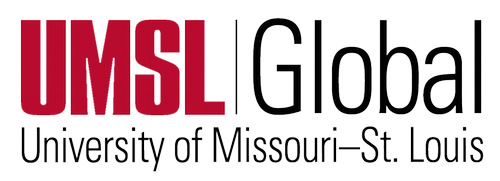Check out our Guide (PDF) on Marketing your International Experience!
Marketing your international experience
The text below is adapted from allabroad.us and "Reentry Resource Packet," James L, Citron, Vija G. Mendelson
Keep this important information in mind: While employers clearly find study abroad students (you!) great candidates, what they are really look for are candidates who know how to market their experience. Remember, your employer may never have studied abroad nor had any significant international experience. While they know this is what the company needs, their personal knowledge of what, exactly, study abroad is and does may be lacking. In short, you need to be able to clearly and coherently sell the intercultural skills you learned while abroad.
While you may not be graduating for another year or planning immediately to look for a job, start thinking about how to articulate your experience now, while it is fresh in your memory. Likewise, if you are planning to study abroad or preparing to go abroad, take this information with you and track your progress as you go!
A successful job applicant will have a strong résumé, cover letter and interview skills. A well done cover letter and résumé will get you in the door, and then it is your job during the interview to secure the position! This section will help you to highlight your study abroad experience in all three phases of the job hunt. Don't forget to consult with UMSL Career Services (278 Millennium Student Center) and UMSL Study Abroad office – we have lots of experience and advice. Get in contact with us to see what job opportunities we know of.
Make sure to have a few stories about your time abroad for use during your interview. Study abroad stories tend to work especially well when you are asked questions about a time you faced a “difficult situation.” Choose a story that highlights your adaptability and willingness to overcome challenges, but does not present your host culture in a negative light or play off of stereotypes.
Skills
- Understand cultural differences and similarities
- Adapt to new environments
- Learn through listening and observing
- Establish rapport quickly
- Function with a high level of ambiguity
- Take initiative and calculated risks
- Utilize time management skills
- Identify problems and utilize available resources to solve the problem
- Accept responsibility
- Communicate despite barriers
- Learn quickly
- Handle difficult situations / handle stress
- Manage/organize
- Lead others in formal/informal groups
- Conduct research despite language and cultural differences
- Cope with rejection
- Set and achieve personal goals
Qualities
- Self-reliance
- High energy level/enthusiasm
- Perseverance
- Flexibility
- Open-mindedness
- Assertiveness
- Inquisitiveness
- Self-confidence
- Self-knowledge
- Independence
- Adaptability
- Patience
Additional Resources



